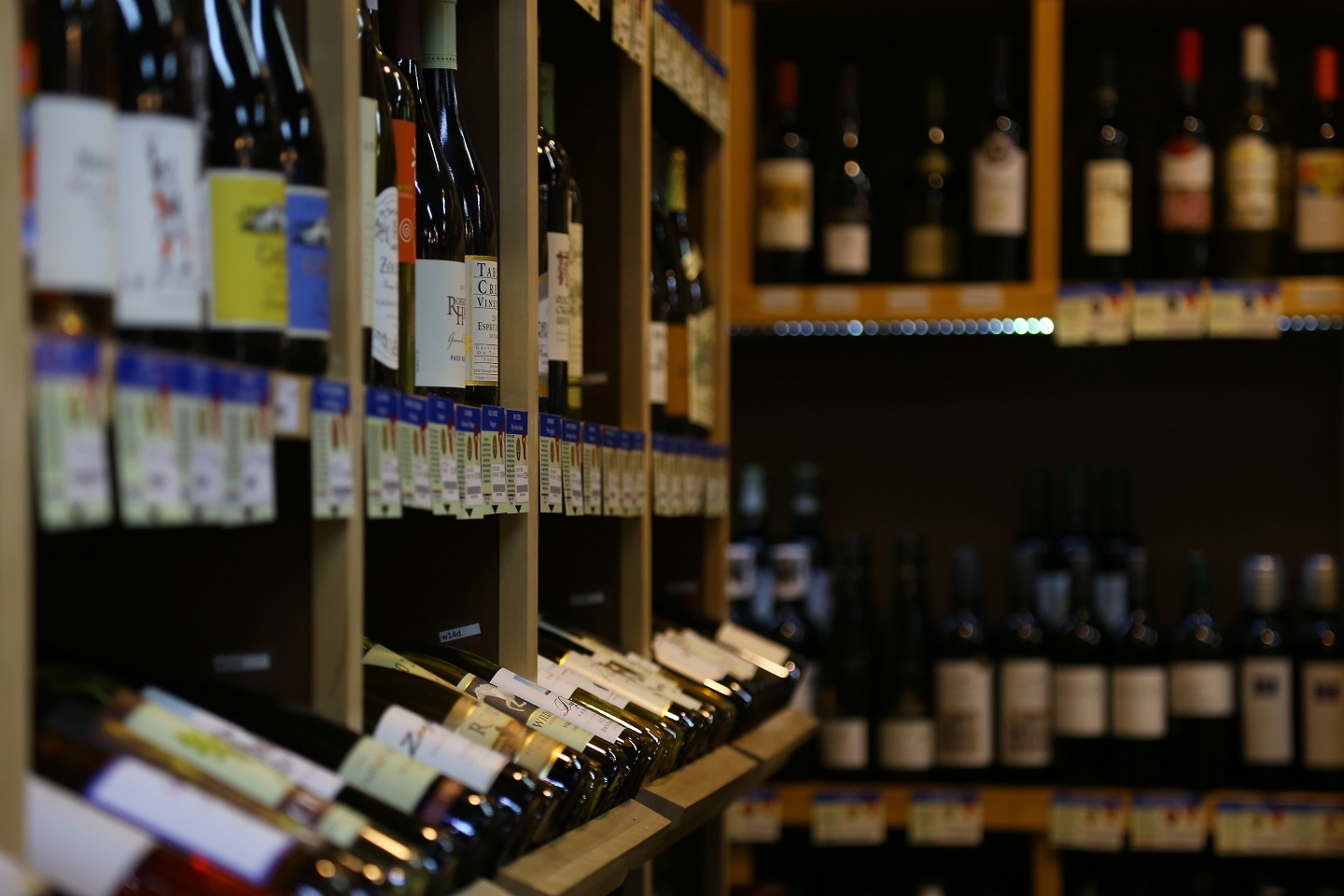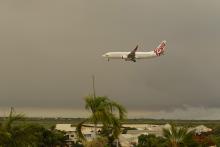Federal Agriculture Minister David Littleproud has rejected the basis of anti-dumping duties imposed by China on Australian wine imports and said the Australian government would fight the claims.


Federal Agriculture Minister David Littleproud has rejected the basis of anti-dumping duties imposed by China on Australian wine imports and said the Australian government would fight the claims.
The Chinese Ministry of Commerce announced it was introducing tariffs of up to 212 per cent on Australian wine imports starting tomorrow.
Its website said the tariffs were due to “substantive” dumping of imported wines originating in Australia, which was pricing local producers out of the market.
Mr Littleproud said there was no basis to believe any of the claims China had made about Australian wine producers dumping product into China.
“We will continue to work with our wine industry and Chinese authorities as part of the ongoing dumping investigation, but we will of course consider all of our options moving forward,” Mr Littleproud said.
“Australian wine is hugely popular both in China and across the globe due to its high quality and we are confident that a full and thorough investigation will confirm this.”
He called for open dialogue with China.
“We now continue to want to enrich our dialogue with China because obviously, in light of their recent comments, it gives the perception that any imposition of tariffs or duties on any Australian product, is predicated on other matters, rather than anything any agricultural industry has done wrong," Mr Littleproud said.
Australian Grape & Wine chief executive Tony Battaglene said the wine industry had 10 days to refute the claims.
He said he was disappointed and surprised at China’s decision, given it had been less than two weeks since the final submissions were made to the anti-dumping and countervailing duties investigations.
“Given the detail in those, I would have thought it would be difficult to make such a decision in such a short timeframe,” Mr Battaglene told Business News.
“Again, quite surprised, also deeply surprised and concerned about the level of these interim provisional tariffs that have been put on.
“Obviously at those levels it makes it very difficult for those companies to be profitable in the market.”
He said although the tariffs were provisional duties, and the investigation was still ongoing, they could have devastating effects on the industry.
“Many producers will not take the risk and they will cease to export to China,” Mr Battaglene said.
ASX-listed Treasury Wine Estates issued a trading halt this morning, pending the release of an announcement on the decision.
It said it was reviewing the details of the provisional measures to Australian wine imports into China.
China is Australia's biggest international buyer of wine, purchasing about 40 per cent of all wine exports this past financial year.
By comparison, the US, Australia's second biggest buyer, bought just 15 per cent of all wine exports.
Premier Mark McGowan said while Western Australian producers only exported 2 per cent of the nation’s wine, local wine producers would suffer.
“As I have said on scores of occasions, we need to get back onto a better footing with our relationship with China," Mr McGowan told reporters this afternoon.
“Jobs here depend on it, our future success depends on it so I’d just say to the Commonwealth government, ‘We have a great country, we have a wonderful economy, an open trading economy, let’s keep our markets open, let’s get on with our major trading partners’.
Mr McGowan said Prime Minister Scott Morrison needed to assist in the negotiations with China.
Today's news comes as China has sought to impose wide-ranging restrictions and encumbrances on Australian trade, levying exportd on timber and barley in October.
Premier Mark McGowan sought to lay some of the blame with the federal government, arguing against what he referred to as its megaphone diplomacy.
That echoed comments made by Agriculture Minister Allanah MacTiernan in May of this year, when she said the federal government had sought to emulate US President Donald Trump in its ongoing trade disputes with China.
Defence Minister Linda Reynolds pushed back on Mr McGowan's characterisation at a Business News Politics & Policy breakfast earlier this month, arguing that Australians wanted their representatives to stand up when it was in the national interest.
Relations between China and Australia have degraded dramatically in recent years, with Prime Minister Scott Morrison the first Australian leader in decades not to meet with his Chinese counterpart.
That's followed a more assertive foreign policy undertaken by Xi Jingping since his being named paramount leader of the country in 2012.
Chinese diplomats leaked a list of 14 grievances the country had with Australia this past week, accusing the country of myriad perceived wrongdoings.
That list included several grievances relating to trade, including foreign investment decisions and banning Huaweii and ZTE from Australia's 5G network.














